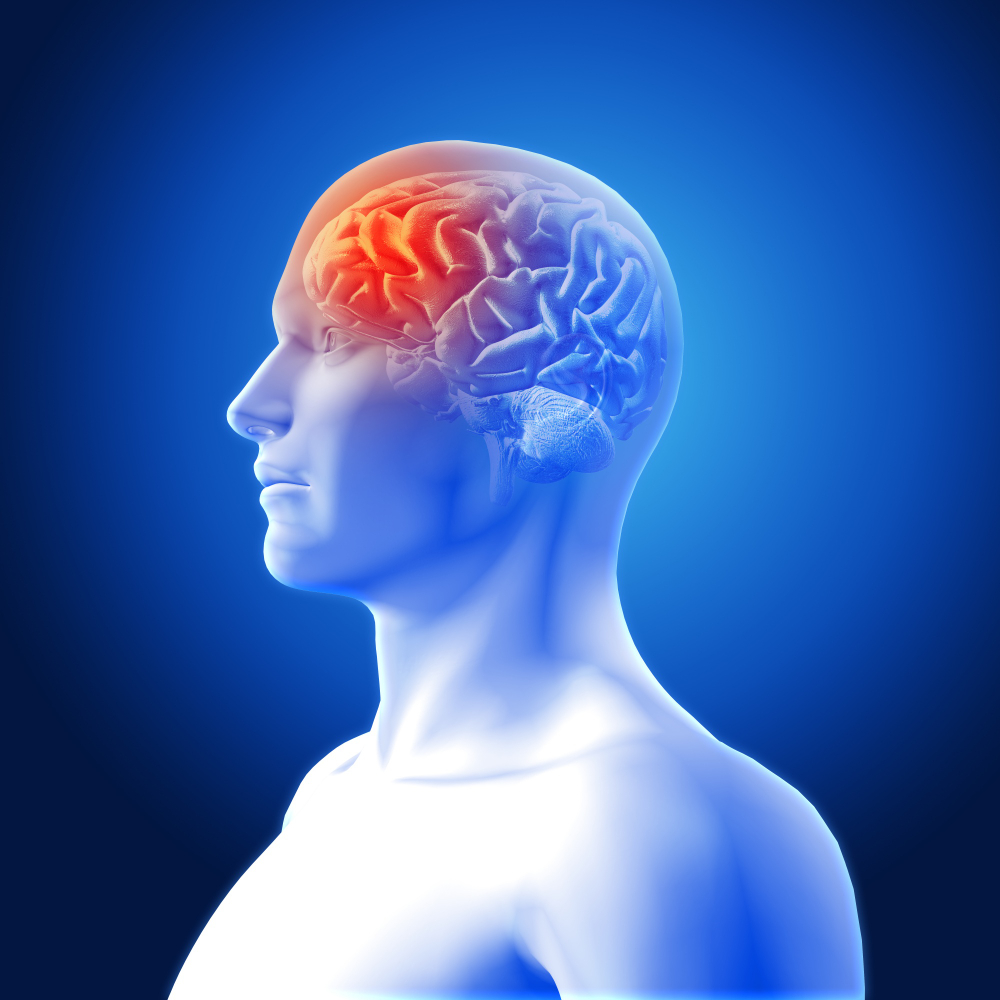A brain tumour diagnosis can be overwhelming and life-changing. It is a moment that often comes unexpectedly and is filled with uncertainty. Understanding what to expect during this journey is crucial for both the patient and their loved ones. In this blog, we will explore the various aspects of a brain tumour diagnosis, including symptoms, the diagnostic process, medical tests, emotional impact, and coping strategies.
Brain Tumor Symptoms
Common symptoms may include:
1. Persistent headaches
2. Seizures
3. Changes in vision or hearing
4. Difficulty speaking or swallowing
5. Problems with balance and coordination.
Some individuals may also experience personality changes or cognitive impairments. It’s essential to understand that these symptoms do not always indicate a brain tumour, as they can be associated with other medical conditions. However, if you or a loved one experiences persistent or severe symptoms, it’s essential to seek medical advice promptly.
Diagnostic Process
Upon experiencing symptoms that raise concerns, it is crucial to consult a healthcare professional. Your primary care physician may refer you to a neurologist or a neurosurgeon for a more specialized evaluation. The diagnostic process typically involves a comprehensive medical history review and a thorough physical examination. The neurologist or neurosurgeon may inquire about your symptoms, their duration, and any relevant family medical history.
Medical Tests for Brain Tumors
To confirm or rule out a brain tumour, various medical tests may be ordered. Common diagnostic tools include:
MRI (Magnetic Resonance Imaging) : An MRI provides detailed images of the brain’s structure and can help identify the presence and location of a tumour.
CT (Computed Tomography) Scan: Similar to an MRI, a CT scan is used to visualise the brain and identify abnormalities.
PET Scan : Positron Emission Tomography (PET) scans help determine the tumour’s metabolic activity, which can be critical for treatment planning.
Cerebrospinal Fluid Analysis and Biopsy: This test may be necessary to detect the presence of cancer cells in the cerebrospinal fluid. In some cases, a biopsy is required to determine the tumour’s type and grade. The diagnostic process is often a collaborative effort between medical professionals, and it may take some time to arrive at a definitive diagnosis. Patience is crucial during this period.
Coping with a Brain Tumor
Coping with a brain tumour can be an incredibly challenging and emotionally tumultuous journey. Upon receiving a diagnosis, individuals and their loved ones often find themselves navigating a complex maze of medical treatments, decisions, and emotions. It’s a battle that requires not only physical strength but also an immense amount of resilience. The uncertainty that comes with brain tumours can be overwhelming, yet many find solace in the support of healthcare professionals, family, and friends. Moreover, the power of hope and the ability to adapt to new circumstances often shine through. Coping with a brain tumour is not just about enduring the medical aspects but also about supporting mental and emotional well-being. It’s a journey that inspires courage and highlights the strength of the human spirit.
Seek Expert Medical Care: Choosing a skilled specialist is crucial. In Mulund, Dr. Jayesh Sardhara, a well-known brain tumour specialist and neurosurgeon, is dedicated to providing comprehensive care to patients with brain tumours. He has a wealth of experience in treating these complex conditions.
Educate Yourself: Understanding your diagnosis, treatment options, and prognosis is empowering. Dr. Sardhara and his team can help you comprehend your condition and make informed decisions.
Embrace a Healthy Lifestyle and Therapies: Good nutrition, regular exercise, and adequate rest are essential for your overall well-being. Your medical team can provide guidance on maintaining a healthy lifestyle during treatment. Complementary therapies like meditation, yoga, and acupuncture may help manage symptoms and improve your quality of life. Maintaining a positive mindset can have a significant impact on your healing process.
Conclusion:
A brain tumour diagnosis is a life-altering event that comes with a myriad of challenges, but with the right medical care, a robust support system, and a positive outlook, it is possible to navigate this difficult journey. Dr. Jayesh Sardhara, a respected brain tumour specialist and neurosurgeon in Mulund, is well-equipped to guide patients through the diagnostic process and provide expert care. Remember that you are not alone on this path – there are resources and people available to support you emotionally and physically. While the journey may be daunting, with determination and the right support, you can face the challenges and strive for the best possible outcome in your brain tumour journey.

